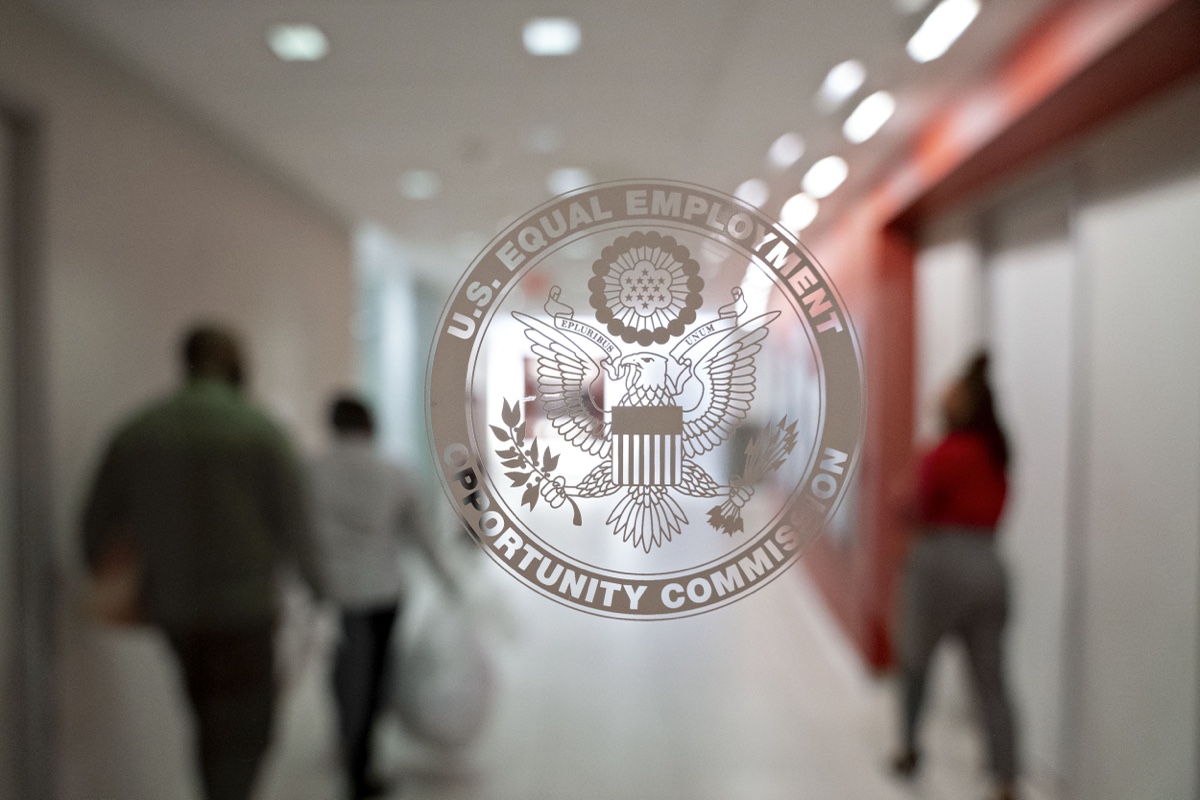
May 3, 2024
Equal Employment Opportunity Commission Adds Pronouns, Bathrooms, and Abortion Protections To Law After 25 Years
They are not playing around....
The U.S. Equal Employment Opportunity Commission (EEOC) announced new bias protections, including pronouns, bathrooms, and abortions for employees nationwide.
Employers who refuse to use the preferred pronouns for transgender workers and ban them from using corresponding bathrooms will amount to unlawful workplace harassment under federal anti-discrimination law. The new guidelines, updated on April 29, come for the first time in 25 years.
The new guidance also includes measures for remote workers, saying that conduct “within a virtual work environment,” including racist or sexist comments made during virtual meetings, can add to an unlawful hostile work environment. Discrimination against employees based on their choice to have abortions or use contraception is also labeled as a form of sex discrimination.
The historic move showcases how the agency can enforce anti-bias laws, although they are not legally binding. They were added to some of the existing legal standards that protect workers from harassment in relation to characteristics ranging from color, race, religion, and sex.
“We felt we really needed to lay out the contours of the law and where it stands,” EEOC Chair Charlotte A. Burrows said.
“Harassment, both in-person and online, remains a serious issue in America’s workplaces. The EEOC’s updated guidance on harassment is a comprehensive resource that brings together best practices for preventing and remedying harassment and clarifies recent developments in the law.”
With a Democratic majority 3-2 approval vote, Republican Commissioners Andrea Lucas and Keith Sonderling provided dissenting votes. Appointed by former President Donald Trump, Lucas and other conservatives criticized the guidance.
Lucas feels the new updates may force employers to eliminate single-sex bathrooms and facilities used for showering, dressing, and sleeping. She also thinks it would increase women’s risk of harassment and assault. “Biological sex is real, and it matters. Sex is binary – male and female – and is immutable,” she said.
Education and the Workforce Committee Chairwoman Rep. Virginia Foxx (R-N.C.) isn’t a fan of the guidance, saying the EEOC has “detached itself from reality.” “The EEOC has detached itself from reality— today’s final guidance is nothing more than a homage to leftist activists who want Americans to conform to their warped political ideology,” Foxx said.
“From the mandated use of pronouns to a denial of biological facts, the EEOC seems more interested in appeasing the mob than undertaking commonsense policymaking to protect workers. File this away as another item in the long list of failures spearheaded by this agency.”
The changes have been in the making for years, first being proposed in January 2017 after former President Trump took office and during the rise of the #MeToo movement, which put workplace sexual harassment under a microscope. However, plans were never finalized under Trump’s leadership.
Between 2016 and 2023, more than one-third of the thousands of worker complaints received by the EEOC included harassment allegations. The EEOC has filed lawsuits against major corporations like popular convenience store Sheetz, accusing it of discriminating against Black, Native American, and ethnic job applicants by automatically weeding out potential employees whom the company thought would fail a criminal background check.
Walmart, Inc. was also accused of failing to stop severe sexual harassment of female workers by a manager of a West Virginia store. Tesla is also accused of ignoring complaints of racist harassment of Black workers at its assembly plant in Fremont, California.
Both companies have denied any wrongdoing.